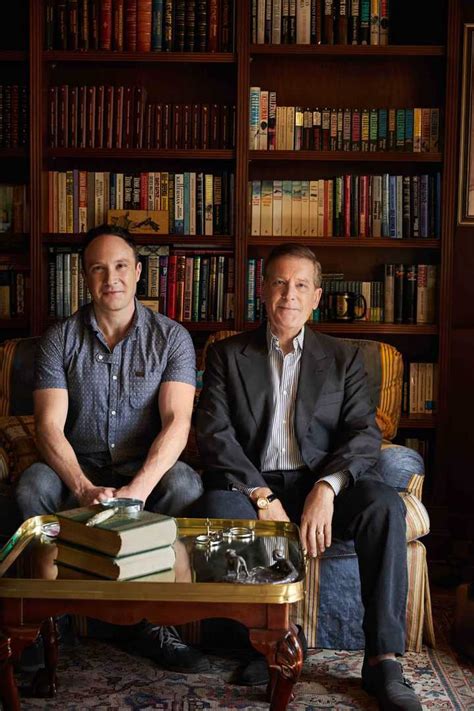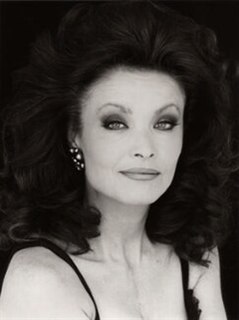A Quote by Jesse Kellerman
I ought to be more hardboiled; I'd like to be. I don't think I have it in me. To write in clipped sentences. To employ gritty metaphor in the introduction of sultry blondes... I can't do it, so why bother trying?
Related Quotes
Look, I like gritty. I write gritty. There is a time and a place for gritty. I'll take my Batman gritty, thank you, and I will acknowledge that such a portrayal means that my 11-year-old has to wait before he sees The Dark Knight. But if Hollywood turns out a Superman movie that I can't take him to? They've done something wrong.
I have tons of stuff that, you know, seems like it's a well-constructed sentence but it is not how people talk, it's how people write. So that's why I think it's sometimes easier for me to write for actors 'cause I know what's frustrating about, you know, sentences that come out just perfect. Well, who talks like that? And who of us don't overlap each other? Except on the radio, hopefully.
My poems always begin with a metaphor, but my way into the metaphor may be a word, an image, even a sound. And I rarely know the nature of the metaphor when I begin to write, but there is an attentiveness that a writer develops, a sudden alertness that is much like the feel of a fish brushing against a hook.
I write different kinds of sentences, depending on what the book is, and what the project is. I see my work evolving. I'm writing long sentences now, something I didn't use to do. I had some kind of breakthrough, five or six years ago, in Invisible, and in Sunset Park after that. I discovered a new way to write sentences. And I find it exhilarating.
You ought to be able to explain why you’re taking the job you’re taking, why you’re making the investment you’re making, or whatever it may be. And if it can’t stand applying pencil to paper, you’d better think it through some more. And if you can’t write an intelligent answer to those questions, don’t do it.







































